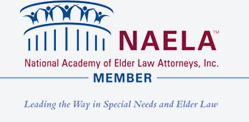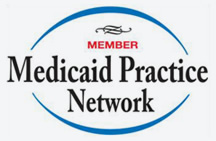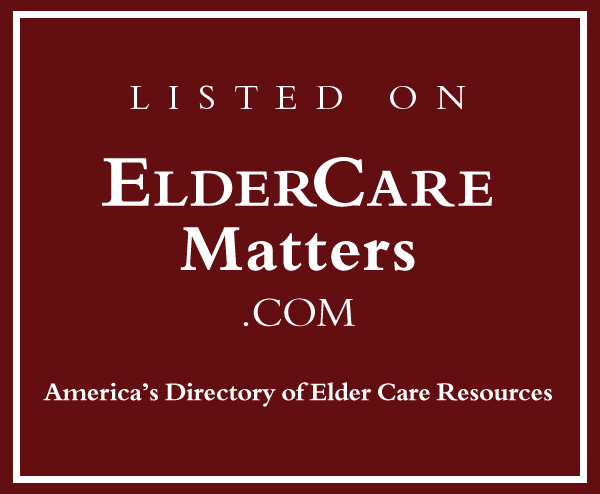As executor, your first step in settling the decedent’s estate is to find all of the decedent’s assets. You must then figure out which assets belonged solely to the decedent so that you can protect them until they can be distributed either according to the decedent’s will or state intestacy laws. Finding such assets can be a challenge.
Bank Accounts
One place to begin your search is the decedent’s bank accounts. Checking accounts can provide invaluable information through checkbooks, cancelled checks, and bank statements. By reviewing the decedent’s checking transactions for the year preceding death, you are likely to find information on insurance policies, loans, taxes, healthcare expenses, mortgages, and investments. Discovering that the decedent had certain assets can then help you identify particulars such as insurance companies, properties subject to liens, and indebtedness levels. You may discover that the decedent has paid for unused goods and services like tickets or subscriptions, which may be refundable. You may also discover income sources such as rent, royalties, tax refunds, or dividend payments.
Another good place for information about assets is the decedent’s mail. When someone dies and his local post office learns of his death, his mail will be held for 15 days and then returned to the sender. If a family member provides the local post office with identification and a copy of the death certificate, he will be able to claim the decedent’s mail or have the mail readdressed to himself by filling out a change of address form. You may do the same thing once you have your letters of authority. Be aware that you will not have access to most government checks or to documents intended for the exclusive use of the decedent, as such must be returned to the sender.
Keep in mind that any mail addressed to joint owners should be given to the surviving owner because it is not part of the decedent’s estate. You may then wish to sort the mail into assets, liabilities, personal letters, and junk mail. You should monitor the decedent’s mail for at least one year because many assets have semiannual and annual terms.
Safe Deposit Boxes
A last place to look for actual assets or for documentary evidence of assets is a safe deposit box. Your review of the decedent’s bank accounts may show a safe deposit box rental payment. If not, you can ask at any bank where the decedent did business as to whether he rented a safe deposit box. In many states, once a bank learns of the death of a safe deposit box lessee, the bank will not allow anyone to access the box until the box can be inventoried by a state treasury department representative.
If the decedent leased a safe deposit box jointly with someone else, this does not conclusively mean that the contents of the box are jointly owned. Untitled assets and certain valuables such as precious stones are presumed to be the sole property of the decedent unless joint ownership is proved by documentary evidence. After the inventory, you should give any jointly owned assets to the surviving joint owner. You should safeguard the solely owned assets for later sale or distribution.






